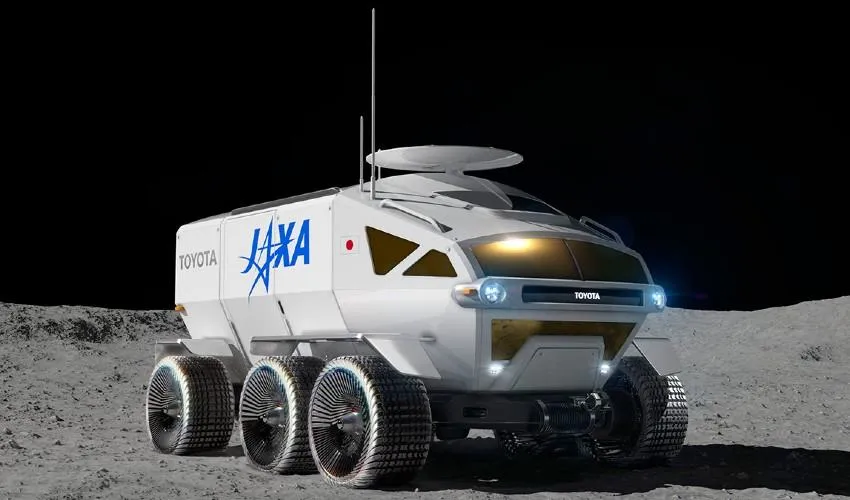
Why Your Company Should Engage in Lunar Activities
NASCAR, a stock-car racing company, has partnered with Leidos, a defense company, to produce a lunar rover; Toyota, a car maker, is developing a pressurized lunar rover in collaboration with JAXA, the Japanese Aerospace Exploration Agency; Nokia, a TLC company, is testing 4G networks on the lunar surface.
Joint lunar infrastructure ventures between space and non-space companies are not a marketing stunt, but something all stakeholders can benefit from, according to a paper ("Is the Lunar Economy Solely for the Space Industry? Opportunities for Non-Space Companies in Lunar Infrastructure Leveraging Technological Synergies") presented at the 74th International Astronautical Congress in early October by Simonetta Di Pippo, Andrea Conconi, Mattia Pianorsi, Edoardo Vittori of SDA Bocconi's Space Economy Evolution Lab (SEE Lab) together with Christophe Bosquillon, Lari Cujko, Gidon Gautel, Derek Webber of the Moon Village Association Lunar Commerce and Economics Working Group.
The advantage for space companies in teaming up with non-space firms on Moon-related activities lies above all in the chance to lower financial risks. For their part, companies who have not until recently engaged in space-related activities can expect significant economic returns both directly through successful commercialization of joint projects, and indirectly through various spin-off and spillover channels. Furthermore, these projects can support the achievement of sustainable development objectives back on Earth.
Building a lunar infrastructure ecosystem can in many ways be seen as a coordination problem. The task requires the development of a significant number of technologies that span a large expanse of capabilities and fields.
Executives of non-space companies interviewed for the paper stated that the benefits from ventures with space-dedicated counterparts are essentially twofold. On one hand, product innovation can receive a substantial boost following these cooperations, and on the other hand participating companies can expect to secure strong positioning in future markets that look very promising.
SEE Lab, directed by Simonetta Di Pippo, former Director of the United Nations Office for Outer Space Affairs, is the SDA Bocconi School of Management's research laboratory aiming to provide space-oriented businesses, non-space industries, financial operators and public actors with the in-depth understanding and strategic insights necessary to leverage the opportunities presented by the evolution of the space economy.
(Image: Toyota)